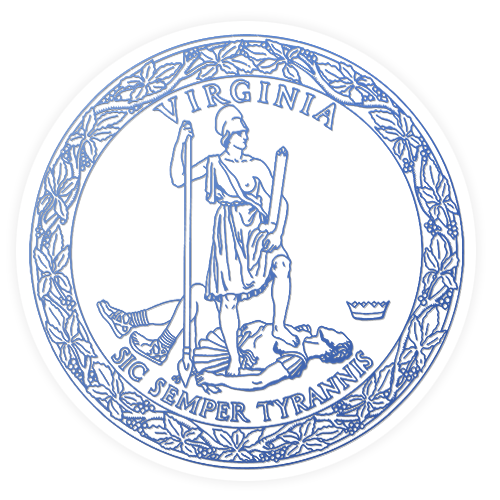
RICHMOND – Governor Northam released the below statement following the announcement that Virginia will join the Governor’s Partnership for K-12 Computer Science, a bipartisan group of state leaders who are committed to expanding access in K-12 computer science education:
“I am pleased to join governors from across the country to increase access to K-12 computer science education so that every student is prepared to succeed in a 21st century economy,” said Governor Northam. “Aligning our education system with the needs of employers in cutting edge industries is a key priority for this administration, and I look forward to working with education and business partners from across the Commonwealth to make access to high quality computer science education a reality for all Virginia students.”
Read the full press release from the Governor’s Partnership for K-12 Computer Science below:
WASHINGTON, Jan. 23, 2018 /PRNewswire/ -- Governors Asa Hutchinson (R - Ark.) and Jay Inslee (D - Wash.), Co-Chairs of the Governors' Partnership for K-12 Computer Science, welcome eight new members to the group, which is focused on advancing policy, funding, and professional learning to expand access to high quality computer science education.
The new members are Governors Steve Bullock (D - Mont.), Doug Burgum (R - N.D.), Eric Holcomb (R - Ind.), David Ige (D - Hawaii), Kay Ivey (R - Ala.), Matt Mead (R - Wyo.), Ralph Northam (D - Va.), and Tom Wolf (D - Pa.).
"States have an enormous opportunity to promote career-connected learning and bring education policy into the twenty-first century, and by joining this partnership, these governors are committing to be on the frontline as we break down barriers and endeavor to put computer science in every school across the country," said Governor Inslee of Washington. "We are thrilled to welcome these new voices, and their new wealth of expertise, onto our team."
Currently, more than half of all schools in the U.S. do not offer a computer science course. In joining the partnership, these eight governors reinforce their commitment to expanding computer science in their own states and collaborating with the partnership's other members on to improve opportunities for all students.
"We are thrilled to welcome more governors to the partnership as we continue to promote expanded access to computer science education for students across the country," said Governor Hutchinson. "During past legislative sessions, members of the partnership supported policies that increase access to computer science education and prepare students for the careers of the twenty-first century, and we look forward to working on these goals in 2018."
The Governors join Co-Chairs Hutchinson and Inslee, and six other state leaders including Governors Doug Ducey (R - Ariz.), Larry Hogan (R - Md.), Butch Otter (R - Idaho), Gina Raimondo (D – R.I.), Kim Reynolds (R - Iowa), and Brian Sandoval (R - Nev.). Together, they will work collaboratively toward the following three key goals to help increase access to K-12 computer science education in their states:
About the Governors' Partnership for K-12 Computer Science:
Launched in 2016, The Governors' Partnership for K-12 Computer Science is a group of state leaders committed to advancing policy and funding to expand access to, and increase equity in, K-12 computer science (CS) education. The Partnership shares best practices for computer science education reform that support the expansion of and access to K-12 computer science, including funding opportunities, flexibility, and policy change.
# # #